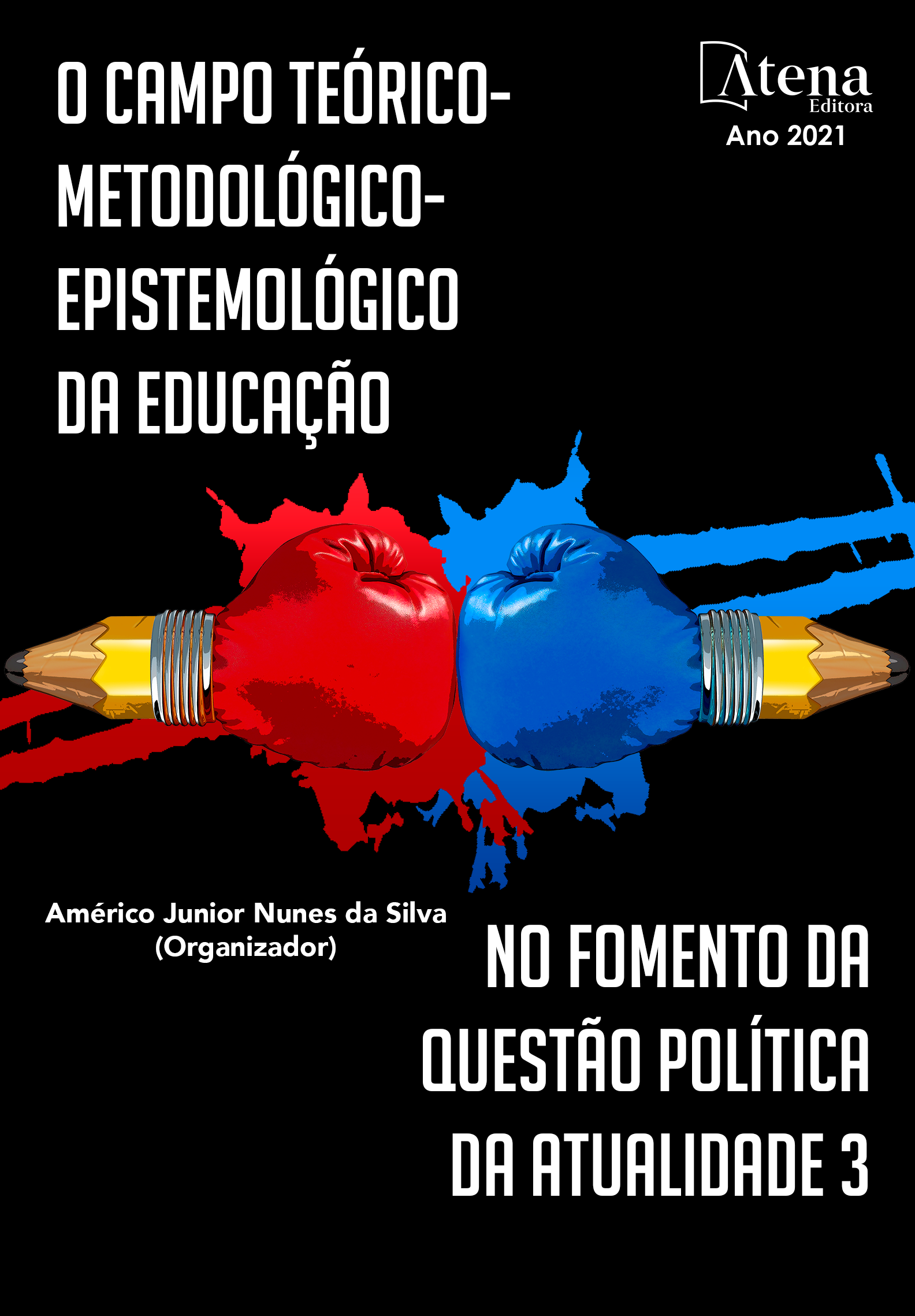
A COMPREENSÃO SOBRE “SABERES” E SUA PERTINÊNCIA ENQUANTO DESCRITORES DE APRENDIZAGEM PARA O CURRÍCULO DA EDUCAÇÃO DE JOVENS E ADULTOS
O presente artigo levanta uma discussão teórica motivada a partir da prática docente na rede municipal de ensino de Salvador e o desenvolvimento da tese de doutorado em curso, intitulada “Currículo oculto religioso e universidade: Contrapontos na formação docente da Universidade Estadual da Bahia – UNEB”, face à observação feita sobre as orientações pedagógicas voltadas ao trabalho com a Educação de Jovens e Adultos – EJA, expedidas pela Secretaria Municipal de Educação – SMED, abandonando os termos habilidades e competências para nomear descritores de aprendizagem. Desconsidera que a perspectiva mais avançada sobre os saberes na formação dos sujeitos vai além dos conhecimentos tradicionalmente considerados nos currículos, a exemplo do saber religioso, que motiva muitos estudantes da EJA a estudar. Freire, Arroyo, Lyotard e Perrenoud são os principais interlocutores teóricos deste artigo, que procura apontar os limites da utilização equivocada do termo saberes enquanto descritores de aprendizagem na construção do currículo escolar da EJA.
A COMPREENSÃO SOBRE “SABERES” E SUA PERTINÊNCIA ENQUANTO DESCRITORES DE APRENDIZAGEM PARA O CURRÍCULO DA EDUCAÇÃO DE JOVENS E ADULTOS
-
DOI: 10.22533/at.ed.3012125036
-
Palavras-chave: Saberes; EJA; Competências; Currículo
-
Keywords: Knowledge; EJA; Skills; Curriculum
-
Abstract:
The present article raises a theoretical discussion motivated from the teaching practice in the municipal education system of Salvador and the development of the doctoral thesis in progress, entitled "Hidden religious curriculum and university: Counterpoints in the teaching formation of the State University of Bahia - UNEB" , in view of the observation made on the pedagogical guidelines aimed at working with Youth and Adult Education - EJA, issued by the Municipal Education Secretariat - SMED, abandoning the terms skills and competences to name learning descriptors. It disregards that the more advanced perspective on knowledge in the training of subjects goes beyond the knowledge traditionally considered in curricula, such as religious knowledge, which motivates many EJA students to study. Freire, Arroyo, Lyotard and Perrenoud are the main theoretical interlocutors of this article, which seeks to point out the limits of the misuse of the term knowledge as learning descriptors in the construction of the school curriculum of EJA.
-
Número de páginas: 14
- Adauto Leite Oliveira


